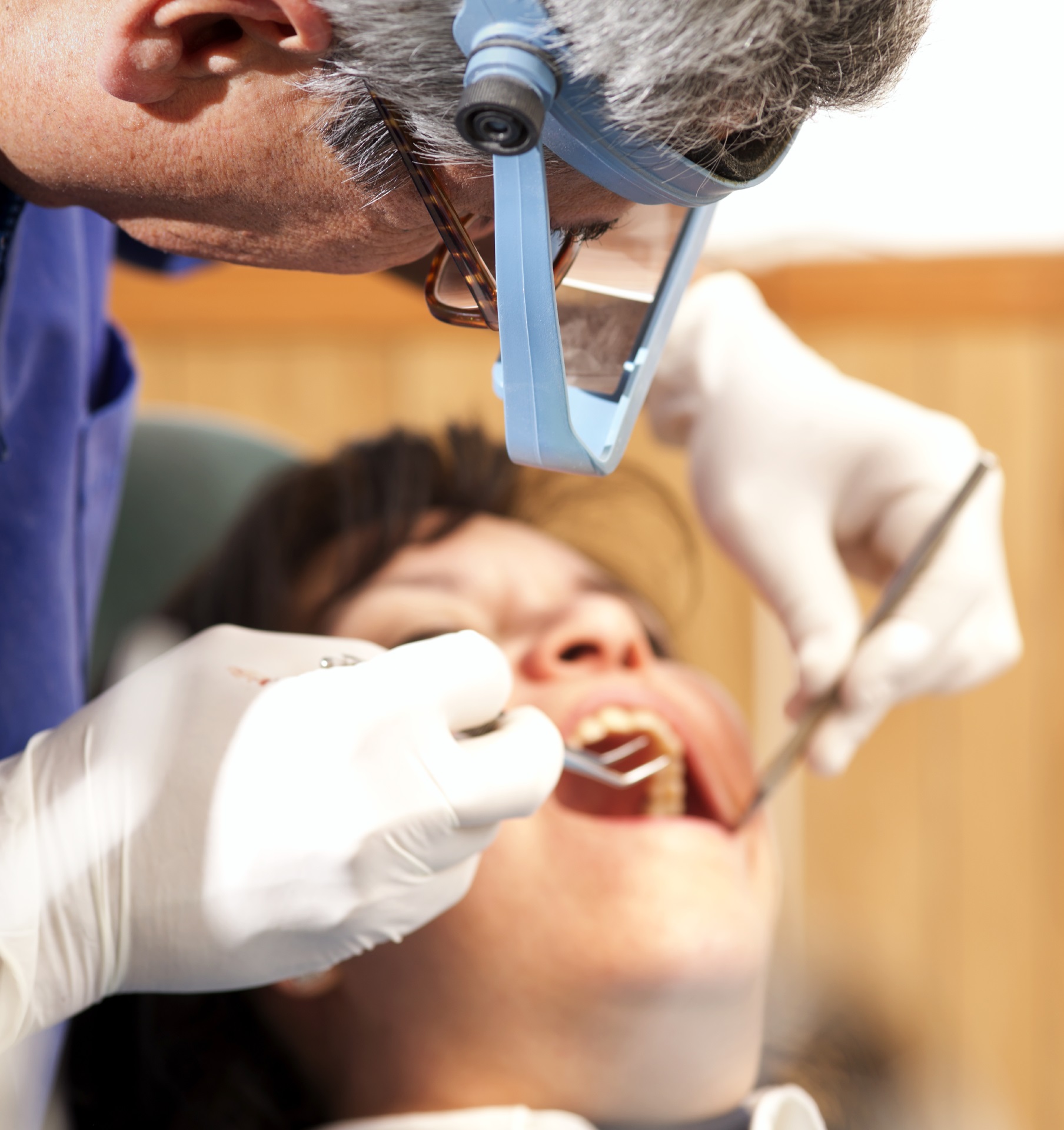
Emegency Medicine Courses
Most medical emergencies arise without warning. Time taken for arrival of medical help sometimes costs the life of an individual . In order to prevent further damage to them, we have designed this course that enables you to help save a life.
Basic Life Support is an advanced course that will help you get hands on experience by practicing on mannequins in a real life type setting.
Basic Life Support (BLS)
The Basic life support (BLS) course is to train participants to save lives of victims in cardiac arrest through high quality cardiopulmonary resuscitation (CPR). The American Heart Association (AHA) designed the BLS course to teach health care professionals how to perform high-quality CPR individually or as a team.
Advanced Cardiovascular Life Support (ACLS)
Cardiovascular disease remains the leading cause of death and disability in the world. Many studies have clearly highlighted the fact that the fatal or foreboding effects of cardiovascular disease are preventable, yet they continue to rise; primarily because the awareness and preventive strategies remain inadequate. Systematic understanding and practicing the flow of care developed by American Heart Association (AHA) can help improve the survival rates to a great extent. Being health care professionals you always have a critical role in providing high quality cardiovascular care.

Basic Trauma Life Support (BTLS)
The primary objectives of the course are to teach you the correct sequence of evaluation of the trauma patient, techniques of resuscitation, and packaging of the patient. It also stresses those conditions that cannot be stabilized in the field and thus require rapid transport.
This course consists of lectures, practical skill stations, and testing (both written and practical). Some of the topics covered in the lectures include Assessment & Initial Management of the Trauma Patient, Airway Management, Shock evaluation and Management, Head, Neck, Chest , Abdominal and Extremity Trauma. Also covered are the topics on Trauma in Children, Trauma in the Elderly, Trauma in Pregnancy. This is only a partial list of topics covered throughout the course.
Some of the practical skills stations performed are Patient Assessment, Airway Management, Spine Management Skills, Extremity Trauma Skills.
Electrocardiography (ECG)
Electrocardiography is the process of producing an electrocardiogram (ECG or EKG), a recording - a graph of voltage versus time - of the electrical activity of the heart using electrodes placed on the skin.

